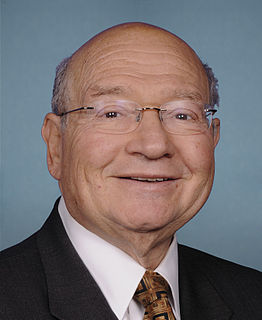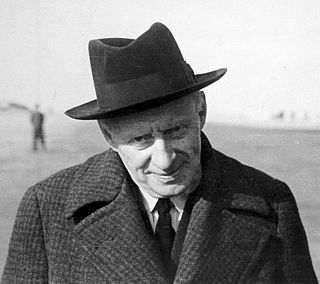A Quote by Neal Stephenson
And it happened all the time that the compromise between two perfectly rational alternatives was something that made no sense at all.
Related Quotes
Our system of government is one of checks and balances. It requires compromise.. compromise between the Executive and the Parliament, compromise between one House and another, compromise between the States and the Commonwealth and compromise between groups of persons with legitimate interests and other groups with other legitimate interests. There is room for compromise.. indeed demand for it.. in a system of checks and balances.
You can compromise between good, better, and best, and you can compromise between bad and worse and terrible. But you can't compromise between good and evil. And now people look at the other side as a completely different kind of animal and say, 'They are taking the country down the road to purgatory.' It's complete intolerance.
You can compromise between good, better, and best, and you can compromise between bad and worse and terrible. But you can’t compromise between good and evil. And now people look at the other side as a completely different kind of animal and say, “They are taking the country down the road to purgatory.” It’s complete intolerance.
I was filled with hate and anger. But during my trial, something decisive happened: Amnesty International adopted me as a prisoner of conscience, and it was an unbelievable feeling to know that there is someone fighting for you on the outside. Amnesty's 'soft' approach made me seriously consider alternatives to revenge.
Put simply, behavioural economics argues that human beings' decision-taking is guided by the evolutionary baggage which we bring with us to the present day. Evolution has made us rational to a point, but not perfectly so. It has given us emotions, for example, which programme us to override our rational brain and act more instinctively.
But Lunch Isn't That Bad, Really Once I get used to having to eat with two people instead of one. Two people who have known each other for such a long time that they practically speak in code. Two people who are always saying, "Remember the time when this happened?" and "Remember the time when that happened?" (Which, of course, I never do, because I wasn't there.) Well, okay, it is that bad. It sucks, even.
The soul has two parts, one rational and the other irrational. Let us now similarly divide the rational part, and let it be assumed that there are two rational faculties, one whereby we contemplate those things whose first principles are invariable, and one whereby we contemplate those things which admit of variation.




































